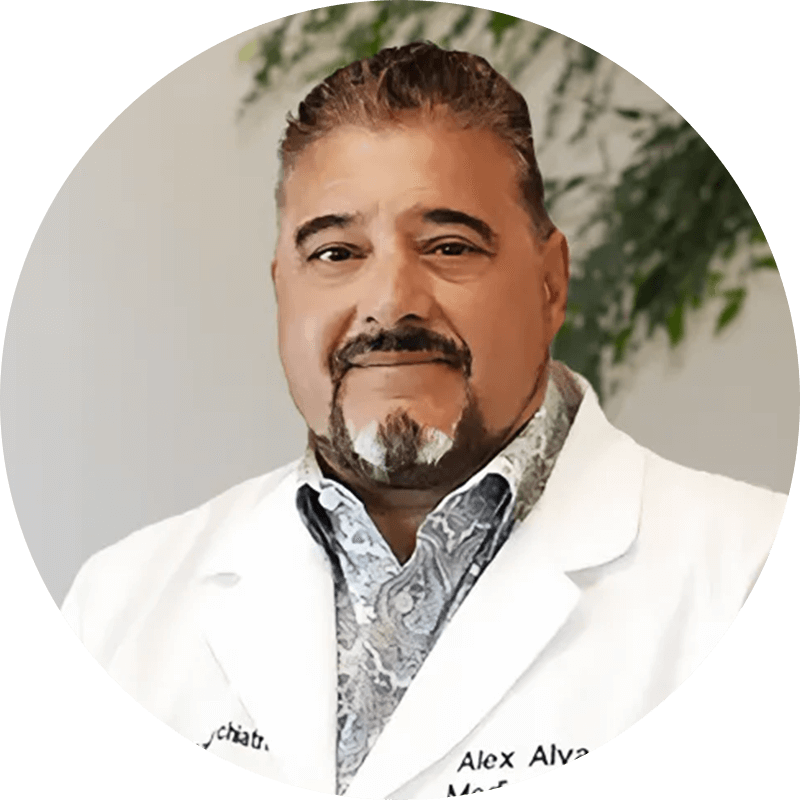Heroin addiction can take a devastating toll on individuals and families, affecting health, relationships, and overall quality of life. But there is hope. With the right heroin addiction help, recovery is not only possible, it’s achievable and sustainable. Whether you’re struggling personally or supporting a loved one, understanding available treatment options, support systems, and recovery strategies is the first step toward healing.
Recognizing the Signs of Heroin Addiction
Heroin addiction can begin subtly, often evolving from prescription opioid misuse. Recognizing the early and advanced signs is crucial in getting timely heroin addiction help. Physical signs may include sudden weight loss, constricted pupils, chronic itching, and unexplained bruises or needle marks. Behaviorally, users often withdraw socially, neglect responsibilities, or experience sudden financial issues.
Changes in mood, such as anxiety, irritability, or depression, are also common. As the addiction worsens, the person may develop a high tolerance, leading to more frequent and riskier drug use. Recognizing these red flags can lead to timely intervention and heroin addiction treatment before the condition worsens.
Touchstone Recovery Center
The Importance of Professional Support in Opioid Recovery
Recovery from heroin addiction isn’t just about quitting the drug; it’s about transforming your life. Professional support provides structure, medical supervision, and emotional guidance that are nearly impossible to replicate without expert care.
Medical professionals in detox facilities can manage withdrawal symptoms, reducing health risks during the initial stages. Therapists and counselors play a pivotal role in helping patients understand their triggers, develop coping skills, and rebuild their lives. Peer support groups and recovery coaches enhance the process by offering long-term accountability.
In short, opioid recovery support isn’t a luxury; it’s a necessity for a sustainable and relapse-resistant recovery.
Comprehensive Substance Abuse Therapy Approaches
Effective heroin addiction treatment must go beyond detox and address the psychological and behavioral roots of substance use. Comprehensive substance abuse therapy includes a combination of evidence-based treatments tailored to individual needs.
Cognitive behavioral therapy (CBT) is one of the most effective modalities, helping individuals reframe negative thought patterns and avoid triggers. Dialectical behavior therapy (DBT) teaches emotional regulation and distress tolerance. Family therapy improves communication and mends broken trust. Meanwhile, trauma-informed care is essential for those whose addiction stems from unresolved emotional pain.
These therapeutic interventions are often offered in both individual and group settings. Over time, they promote abstinence, emotional healing, and a stronger sense of self-worth.
This guide from the National Institute on Drug Abuse (NIDA) provides an in-depth overview of evidence-based treatment approaches for substance use disorders, including CBT, DBT, family therapy, and trauma-informed care.
Choosing the Right Rehab Centers for Heroin
Not all rehab centers are created equal. When selecting rehab centers for heroin, it’s crucial to evaluate the scope of services, credentials of staff, treatment philosophy, and availability of aftercare planning.
Inpatient facilities offer intensive, structured programs that are best for those with severe addictions or co-occurring mental health disorders. Outpatient centers allow more flexibility and are ideal for individuals with work or family commitments. Look for centers that provide individualized care plans, dual diagnosis treatment, and long-term relapse prevention strategies.

Accreditation by national bodies like the Joint Commission or CARF (Commission on Accreditation of Rehabilitation Facilities) is a strong indicator of quality care. You should also assess whether the center offers transitional support, such as sober living or vocational training.
Heroin Detox Programs and Their Role in Recovery
Heroin detox programs are often the first step toward recovery, designed to safely manage withdrawal symptoms and stabilize the individual both physically and emotionally. Withdrawal from heroin can be extremely painful and even dangerous without medical support. Symptoms include nausea, muscle aches, anxiety, insomnia, and intense cravings.
Here’s a quick comparison of different detox program types:
| Program Type | Duration | Supervision Level | Best For |
| Inpatient Detox | 5–10 days | 24/7 medical supervision | Severe or long-term users |
| Outpatient Detox | 7–14 days | Scheduled medical monitoring | Mild to moderate cases |
| Medically Assisted Detox | 7–10+ days | Physicians administer medications | Users needing symptom management (e.g., with Suboxone or Methadone) |
These programs help clear the drug from the body safely and prepare individuals for further therapy. Detox alone, however, isn’t a complete treatment; it must be followed by comprehensive rehab and counseling.
Touchstone Recovery Center
The Impact of Addiction Counseling Services
Addiction counseling services form the emotional backbone of heroin addiction treatment. Counselors help individuals explore the underlying causes of addiction, build coping strategies, and work toward long-term goals.
Beyond one-on-one counseling, group therapy fosters shared learning and accountability. Motivational interviewing, another widely used approach, empowers individuals to find their internal motivation to change.
Effective counseling can help repair damaged relationships, rebuild self-esteem, and prevent relapse. Many people continue counseling even after completing formal rehab programs to maintain their progress and stay on track.
Understanding Heroin Abuse Intervention Techniques
Many individuals struggling with heroin addiction are in denial or feel hopeless about change. In these cases, an intervention may be necessary. Signs that someone may need a heroin abuse intervention include frequent overdoses, legal issues, neglect of responsibilities, and resistance to treatment.
When emotional appeals and private conversations no longer work, organizing a formal intervention with the help of a professional can make a critical difference.
Approaches to Planning a Successful Intervention
A successful intervention starts with planning. Involve close family and friends who can express their concerns in a structured, compassionate way. Avoiding blame and focusing on care is essential.
Hiring a licensed interventionist can help keep the conversation focused and productive. Always have a treatment plan ready – preferably a spot reserved at a rehab center – so the individual can enter care immediately if they accept help.
While primarily focused on prevention, this NIDA guide provides family-based interventions to address substance use. It offers evidence-based strategies for families to communicate effectively, avoid blame, and encourage treatment-seeking behavior.
The Benefits of Drug Rehabilitation Programs
Drug rehabilitation programs offer a comprehensive, long-term solution for heroin addiction recovery. These programs typically include detox, individual and group therapy, family counseling, and aftercare planning.
Long-term rehab (60–90 days or more) significantly improves the chances of sustained recovery by allowing individuals ample time to heal physically, emotionally, and spiritually. Many programs also provide life skills training, job placement support, and relapse prevention workshops.
A well-rounded drug rehabilitation program can turn a crisis into an opportunity for rebirth – restoring health, purpose, and stability.
Find Hope and Healing: Start Heroin Recovery with Compassionate Experts at Touchstone Recovery
No one should have to face heroin addiction alone. Touchstone Recovery offers a full spectrum of heroin addiction help, from detox and therapy to aftercare and peer support. With compassionate experts and individualized care plans, we’re here to walk alongside you every step of the way. If you or a loved one is struggling, take the first courageous step today. Visit Touchstone Recovery to learn more or speak with one of our recovery specialists.

Touchstone Recovery Center
FAQs
- What types of opioid recovery support are available for those struggling with heroin addiction?
Support options include medical detox, inpatient and outpatient rehab programs, counseling services, and peer support groups like SMART Recovery and 12-Step meetings.
- How can comprehensive substance abuse therapy approaches aid in heroin addiction treatment?
These therapies address the mental and emotional causes of addiction, helping individuals develop healthier coping mechanisms and reducing the risk of relapse.
- What should be considered when selecting rehab centers for heroin recovery?
Consider accreditation, range of services, individualized treatment plans, aftercare options, and staff credentials when choosing a rehab facility.
- How do heroin detox programs contribute to the overall recovery process?
Detox programs manage withdrawal symptoms safely and prepare individuals for long-term therapy by clearing the drug from the system.
- What role do addiction counseling services play in supporting individuals through drug rehabilitation programs?
Counseling offers emotional support, helps address root causes of addiction, and empowers individuals to build a healthier lifestyle during and after rehab.







